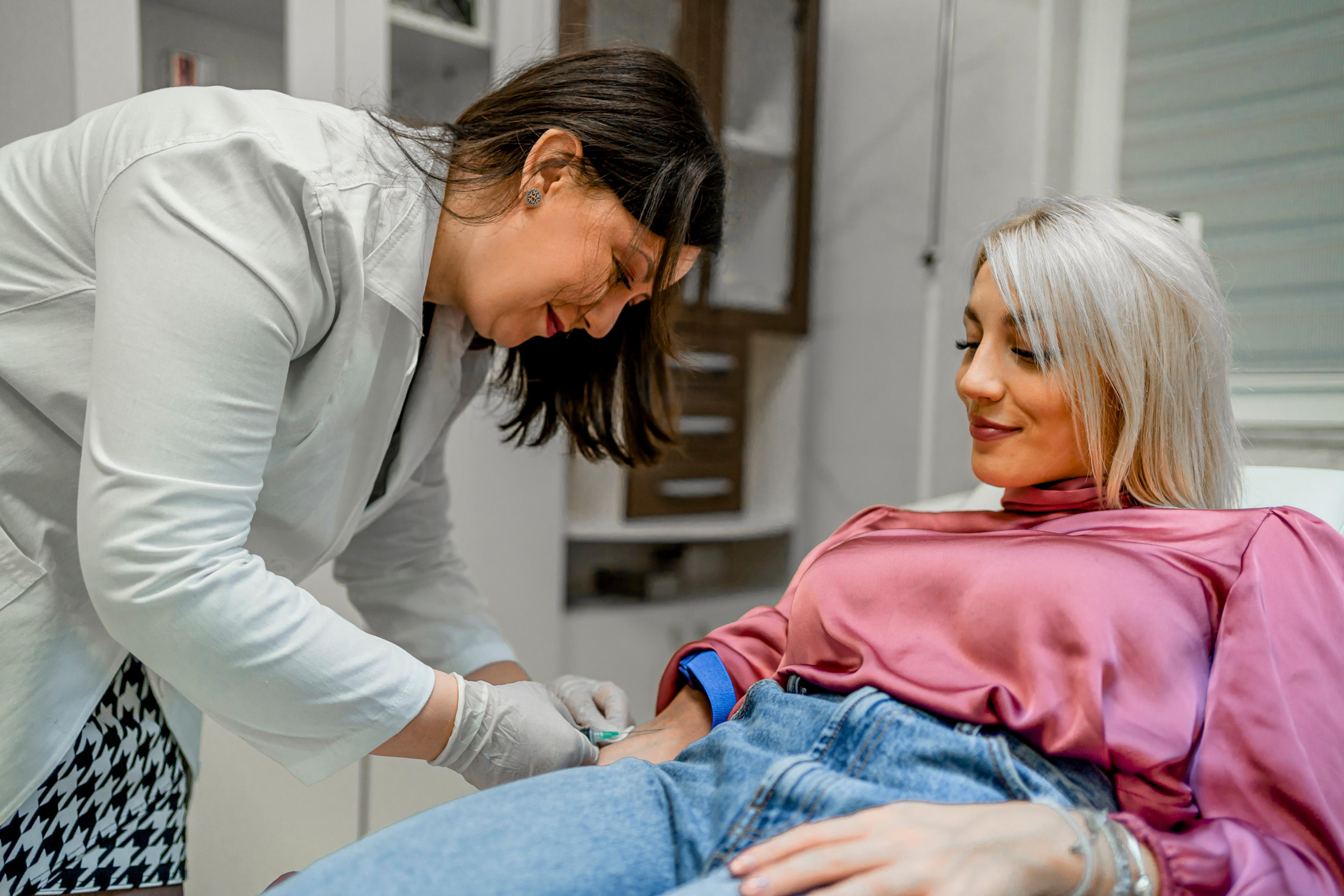Anxiety Warning Signs
Amy Barczy
| 4 min read
Amy Barczy is a former brand journalist who authored...

Everyday life presents us with many challenges and unknowns. It’s expected that everyone will likely experience feelings of anxiety about something that’s about to happen – like finding a new job, moving to a new place, starting school or participating in a big event.
But there can be times when these feelings are more than just temporary. For some people, feelings of anxiety do not go away – and can get worse as time goes on, causing symptoms that may interfere with their everyday activities. In these cases, individuals need to talk to a mental health professional to see if they have an anxiety disorder. Anxiety disorders are treatable.
What is anxiety?
Anxiety is an emotion. It can include feelings of tension and recurring intrusive thoughts or thoughts of worry that are accompanied by physical symptoms, like increased blood pressure. Other physical symptoms can include sweating, trembling, dizziness or a fast heartbeat.
While we may talk about anxiety and fear in the same way, they are very different. Anxiety is a long-acting response to something that may or may not happen in the future. Fear is short-lived response to a specific, identifiable threat occurring in the present.
There are several types of anxiety disorders. This article will focus on generalized anxiety disorder. Other common types include panic disorder, specific phobias, obsessive-compulsive disorder and social anxiety.
What is generalized anxiety disorder?
About 20% of the adults in America are affected by an anxiety disorder each year. Generalized anxiety disorder is one of the most common mental disorders. It is a diagnosis made by a mental health professional when a person is experiencing persistent, excessive and unrealistic worries about everyday events. These worries are difficult to control, and often come with psychological and physical symptoms.
To make a diagnosis of generalized anxiety disorder, mental health professionals use the Diagnostic and Statistical Manual of Mental Disorders, fifth edition (DSM-5). The criteria for generalized anxiety disorder include:
- Excessive anxiety and worry for at least six months
- Difficulty controlling the worrying
- The anxiety is associated with three or more of the below symptoms for at least six months:
- Restlessness, feeling keyed up or on edge
- Being easily fatigued
- Difficulty in concentrating or mind going blank, irritability
- Muscle tension
- Sleep disturbance
- Irritability
- The anxiety results in significant distress or impairment in social and occupational areas
- The anxiety is not attributable to any physical cause
What are the warning signs of anxiety?
Anxiety symptoms can change over time. Often, during times of stress – like when you’re sick, during a period of high pressure like tests at school, or during a personal conflict – anxiety symptoms can worsen. There often are physical symptoms that come along with the excessive worrying that make it hard to function in everyday life.
Here are some warning signs of anxiety, according to the National Institute of Mental Health:
- Worry excessively about everyday things
- Have trouble controlling their worries or feelings of nervousness
- Know that they worry much more than they should
- Feel restless and have trouble relaxing
- Have a hard timeconcentrating
- Startle easily
- Have trouble falling asleep or staying asleep
- Tire easily or feel tired all the time
- Have headaches, muscle aches, stomachaches, or unexplained pains
- Have a hard time swallowing
- Tremble or twitch
- Feel irritable or "on edge"
- Sweat a lot, feel lightheaded, or feel out of breath
- Have to go to the bathroom frequently
Both children and teens can experience generalized anxiety disorder. If you or someone close it you is experiencing symptoms of anxiety that are disruptive to everyday activities, talk with a mental health professional. Treatment options are available for anxiety disorders.
Blue Cross Blue Shield of Michigan and Blue Care Network can help members find an in-network mental health professional by calling behavioral health access lines listed below:
PPO: Behavioral Health Access Line | 1-800-762-2382
- A free and confidential resource that’s just a call away when you need immediate support. Behavioral health professionals answer, 24/7.
HMO: Behavioral Health Access Line | 1-800-482-5982
- Connect with a behavioral health clinician if you need help finding a mental health or substance use provider.
- Behavioral health clinicians are available for routine assistance from 8 a.m. to 5 p.m., Monday through Friday. For urgent concerns after hours, clinicians are also available 24 hours a day, seven days a week.
Learn more about mental health and options you have as a member to seek help at bcbsm.com/mentalhealth.





